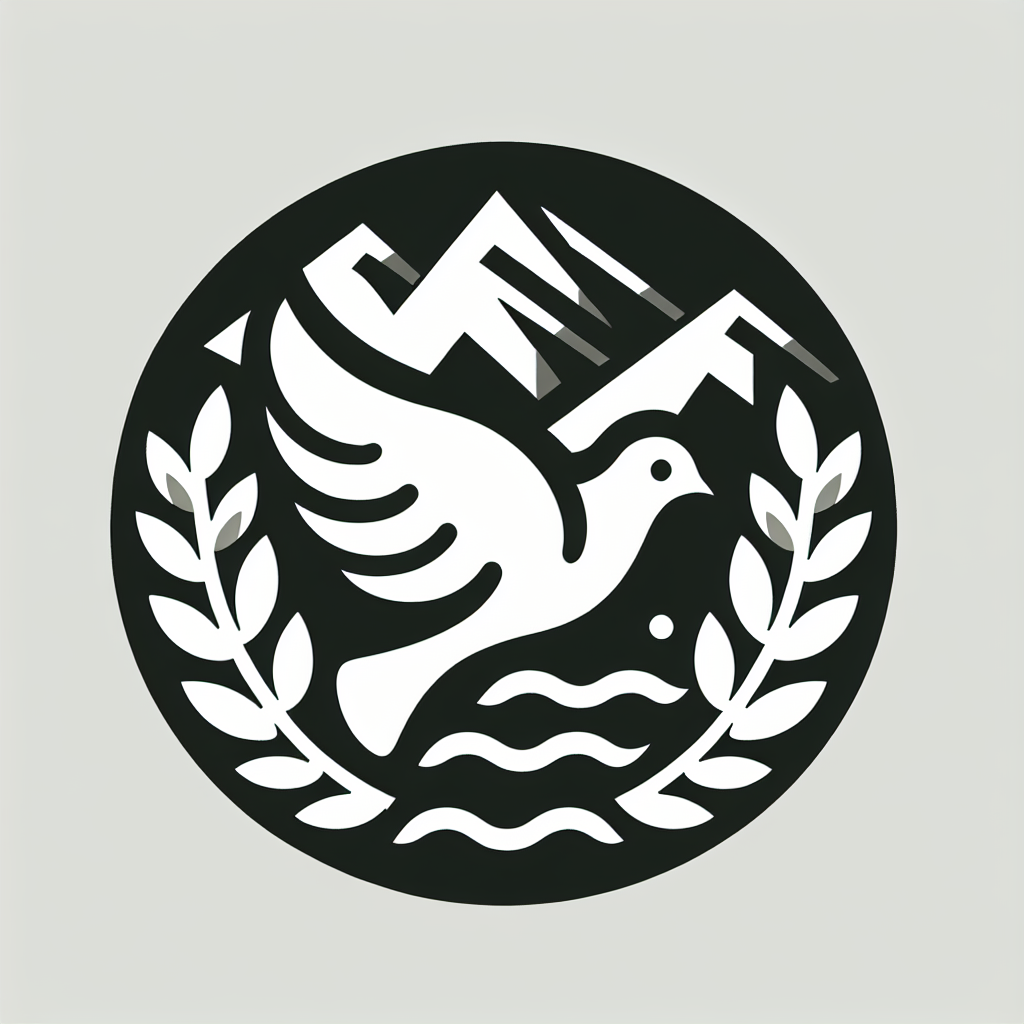UN Experts Urge Path to Peace After PKK Ceasefire Amid Ongoing Türkiye Strikes
Turkish President Recep Tayyip Erdoğan welcomed the ceasefire declaration as a “positive signal,” but insisted that the PKK must immediately disarm unconditionally.

UN human rights experts have welcomed the unilateral ceasefire declared by the Kurdistan Workers’ Party (PKK) on 1 March 2025, calling it a potential turning point in one of the world’s most protracted and violent conflicts. The declaration, issued after more than four decades of armed confrontation with the Turkish state, has been lauded by international observers as an opportunity to break the cycle of violence and move toward a comprehensive peace.
However, experts expressed alarm at continued military operations by Türkiye targeting alleged PKK positions and affiliated armed groups in neighboring Iraq and Syria. These actions, they warned, may undermine the fragile opportunity for peace and raise serious concerns under international law regarding the use of force and the protection of civilians.
“After so much bloodshed and insecurity, we urge the PKK and the Turkish Government to peacefully settle the conflict and respect applicable international humanitarian and human rights law,” the UN experts said in a joint statement.
PKK Proposes Roadmap Toward Disarmament
The PKK’s unilateral ceasefire includes a significant shift in tone, with the group expressing a willingness to convene a party congress to discuss the potential for its own dissolution and the full disarmament of its fighters. In a rare move, the group outlined specific preconditions for taking such steps, including:
-
A bilateral ceasefire agreement with Türkiye.
-
Establishment of a legal mechanism for peace negotiations.
-
Guarantees for the safety of its members during disarmament.
-
The release of its imprisoned leader, Abdullah Öcalan, currently held in solitary confinement on İmralı Island since 1999.
Pending these developments, the PKK has pledged to restrict its use of force to defensive actions only.
Türkiye Responds With Caution—and Force
Turkish President Recep Tayyip Erdoğan welcomed the ceasefire declaration as a “positive signal,” but insisted that the PKK must immediately disarm unconditionally. Since the announcement, Türkiye has launched air and drone strikes against what it claims are PKK bases in northern Iraq and Syria, particularly targeting groups it alleges are aligned with or supported by the PKK, including elements of the Syrian Democratic Forces (SDF).
These military operations have sparked fresh international concern, with human rights observers and legal scholars raising questions about the legitimacy of the strikes under international law and the risk of civilian casualties.
“Kurdish forces in Syria have indicated that the PKK ceasefire does not apply to them,” said one expert, underlining the complex and fragmented nature of Kurdish political and military structures in the region.
A Legacy of Violence and Human Rights Violations
The conflict between the PKK and the Turkish state has caused an estimated 40,000 to 50,000 deaths since 1984, many of them civilians. Over the decades, both sides have been accused of grave violations of international humanitarian and human rights law. These include:
-
Summary executions.
-
Targeting and displacement of civilians.
-
Arbitrary detentions and enforced disappearances.
-
Torture and abuse of prisoners.
-
Recruitment of child soldiers.
-
Severe restrictions on freedom of expression and political participation.
Civilians—particularly children, the elderly, and ethnic minorities—have borne the brunt of the suffering, with large-scale internal displacement still affecting parts of southeastern Türkiye and Kurdish regions in Iraq and Syria.
Learning From Global Peace Models
UN experts emphasized that the road to lasting peace will require a well-structured and inclusive approach based on international standards. Drawing from the UN Secretary-General’s 2023 Guidance Note on Transitional Justice, they outlined core components of a successful peace process:
-
Disarmament, Demobilization and Reintegration (DDR): Including amnesties or pardons for combatants not involved in international crimes.
-
Transitional Justice: Truth-telling processes, impartial investigations, prosecutions of war crimes, reparations, and guarantees of non-recurrence.
-
Support for Victims: Including material assistance, psychological support, and memorialization efforts.
-
Institutional Reform: Particularly within the security and judicial sectors, to safeguard against future abuses.
-
Addressing Root Causes: Tackling the socio-political exclusion, ethnic discrimination, lack of local governance, and economic marginalization that have fueled the conflict.
The experts also referred to the UN Global Counter-Terrorism Strategy, which acknowledges that unresolved conflicts, discrimination, and repression are key drivers of radicalization and violence.
“We encourage Türkiye and the PKK to build confidence by committing to a full ceasefire, and to open the door for inclusive and sustained negotiations that prioritize civilian protection,” the statement continued.
International Involvement Urged
The experts called on the broader international community—including regional actors, the European Union, and the United States—to support diplomatic efforts, provide technical assistance for peacebuilding and justice mechanisms, and ensure compliance with international norms.
They stressed the urgency of seizing this historic moment to put an end to a conflict that has spanned generations and devastated lives across borders.
“This is a rare and fragile opportunity. We call on all stakeholders to rise above short-term interests and invest in a durable, rights-based peace,” the experts concluded.
The experts confirmed they have been in communication with Türkiye on several occasions in relation to the ongoing conflict and its humanitarian consequences. They offered the continued support of the UN in facilitating dialogue and transitional justice processes.
- READ MORE ON:
- Recep Tayyip Erdoğan
- Kurdistan Workers’ Party
- Syria
- Türkiye










